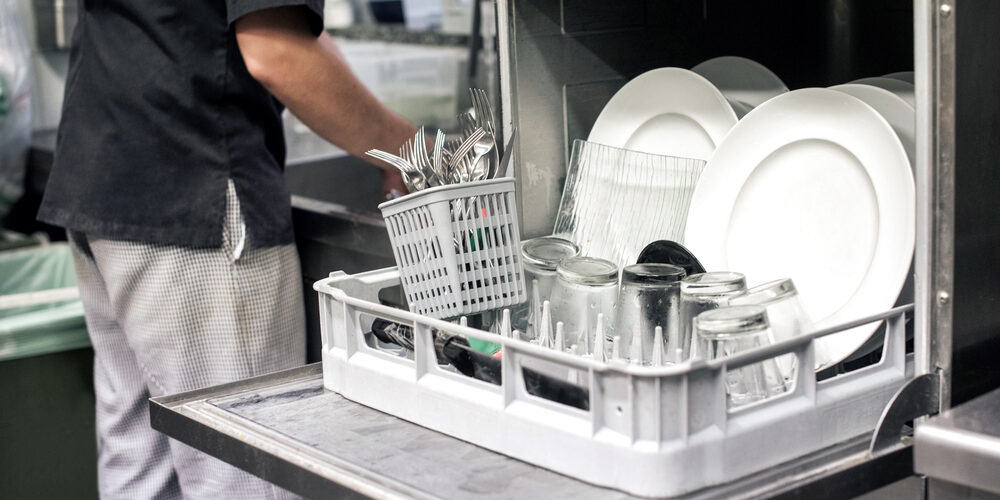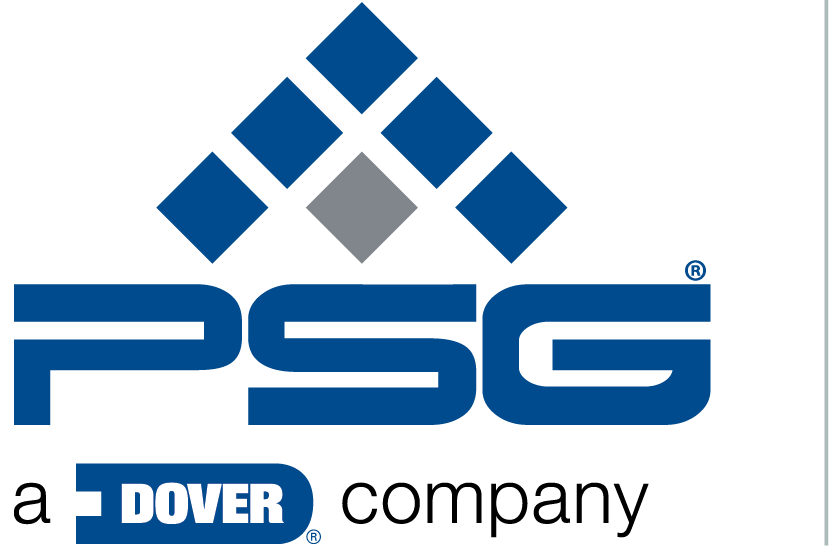Site translations now available in Spanish and German
Blog: Electrical, Mechanical and Plumbing Considerations for your Dispenser

John Goetz, Global Product Manager, Hydro Systems
Chemical dispensers offer many advantages, from reliable and consistent dilutions to water and chemical savings to enhanced safety. For these reasons, it’s likely that your facility has dispensers installed in janitorial supply closets, in kitchens and even in on-premise laundries. Whether you’re in the market for new dispensing equipment or simply want to ensure that the equipment you’ve installed meets rigorous standards, this blog will be your guide to learning more about important standards and approvals.
Why Select Compliant Equipment?
Choosing dispensers that meet electrical, mechanical and plumbing standards will ensure they are compliant with important regulations, meet safety requirements and perform as intended.
Products undergo independent testing for electrical, mechanical and fire safety. Electrical safety tests reveal electromagnetic compatibility, electromagnetic interference and electrostatic discharge. These tests ensure that the product will not interfere with or be disrupted itself by other electronic equipment.
Drop tests and other assessments make sure that fingers, tools, dust and moisture won’t get into enclosures and cause issues. Testing for fire safety checks whether the electronics in the dispenser will refrain from catching fire under normal operation or abnormal conditions.
Tested products are likely to have a longer lifespan and require less maintenance. Downtime can negatively impact the bottom line, so keeping dispensers in good working condition is important. Equipment that meets industry standards give facility managers and chemical companies greater peace of mind that their building and employees will not be harmed due to equipment malfunction.
Know your Standards
There are several important standards for building managers to understand. These include:
- ASSE 1055 – “ASSE 1055 Chemical Dispensers: Use, Installation and Design” sets standards for chemical dispensing systems with integral backflow protection. This ensures that toxic chemicals will not be inadvertently introduced into potable water supplies. Chemical dispensers must undergo testing to determine their performance related to tipping, pressure and temperature deterioration, hydrostatic pressure, backpressure and backsiphonage.
- Underwriters Laboratory (UL) – Underwriters Laboratory is a global independent safety science company. UL is accredited in the United States and Canada.
- Canadian Standards Association (CSA) – The CSA Group provides testing, inspection and certification standards and identifies the compatibility and interoperability of products.
- International Electrotechnical Commission (IEC) – The IEC develops and publishes international standards related to electrical, electronic and related technologies.
- Conformité Européenne (CE) – CE means “European Conformity” in French. A product in one of the controlled product categories cannot be sold in the European Union unless it has passed the tests to receive the CE marking. However, it’s important to note that CE does not require testing and a design review by a third party to mark or certify a product.
Safer Cleaning
Dispensers help facilities safely and sustainably clean high-touch surfaces, maintain clean dishes and glassware and wash linens and other textiles. Manual chemical mixing is less accurate as well as more time consuming, dangerous and wasteful. With so many options on the market, it can be overwhelming to know which dispenser is best suited for your facility.
One of the first things you can vet is whether the dispenser meets electrical and plumbing standards. Complying with local and national regulations helps your organization avoid costly fines and uphold safety. Using certified dispensers and properly installing them will help you protect the health and safety of your cleaning staff and your building’s occupants and visitors.
Brush up on how electrical, mechanical and plumbing standards help safeguard those who use dispensers and the people who frequent facilities where they are installed. For more information on this topic, download our free white paper, “Electrical, Mechanical & Plumbing Approvals for Dispensers.”
Related Posts
PSG

Cincinnati, OH 45244

Cincinnati, OH 45244
For new product, event and industry updates:
By entering your email you agree to receive marketing messages from PSG Hydro. You may unsubscribe at any time.
Hydro Resources
Hydro Resources
© 2026 PSG All Rights Reserved | A Dover Company | Privacy Policy | Cookies | Terms of Use











